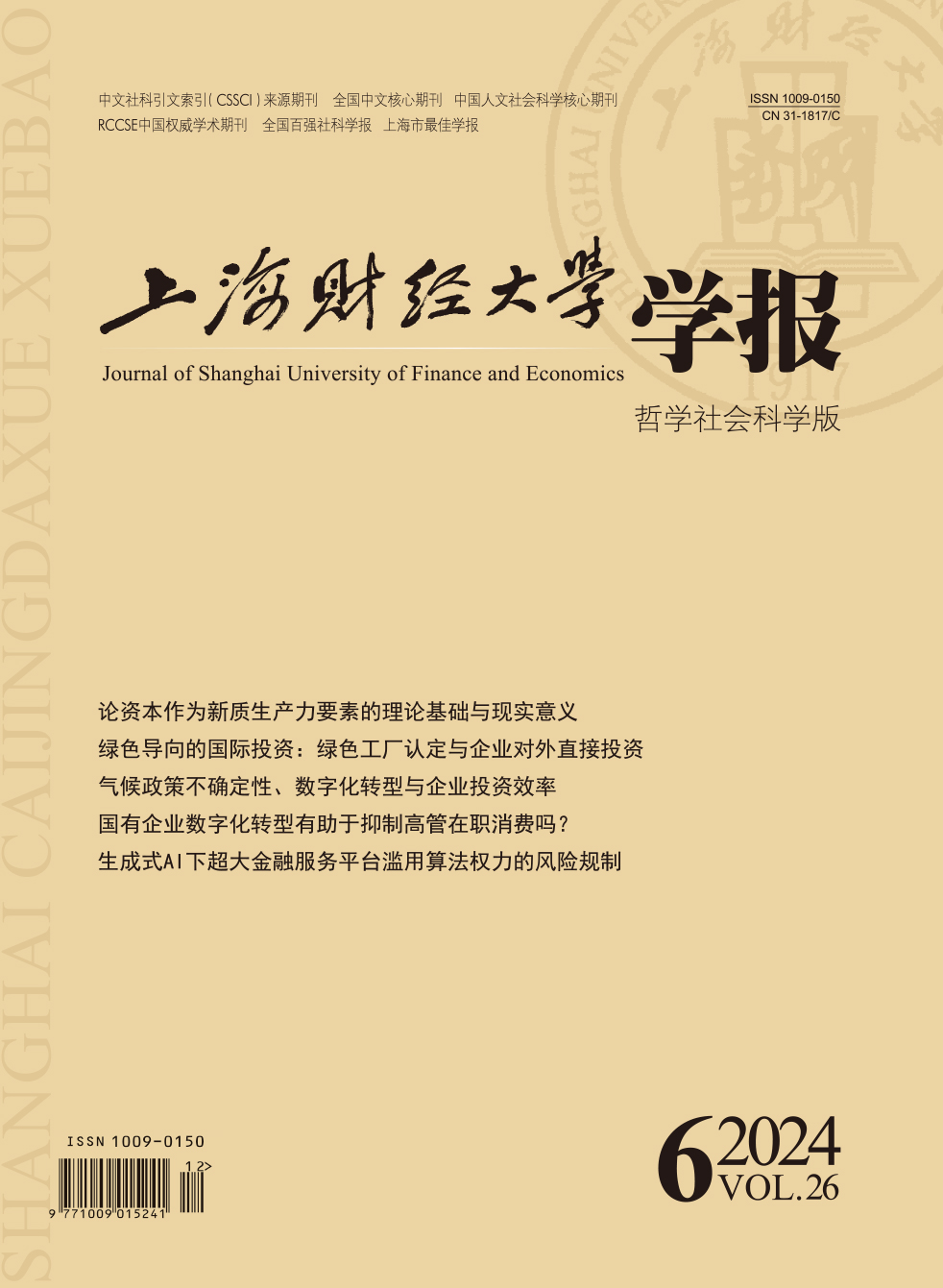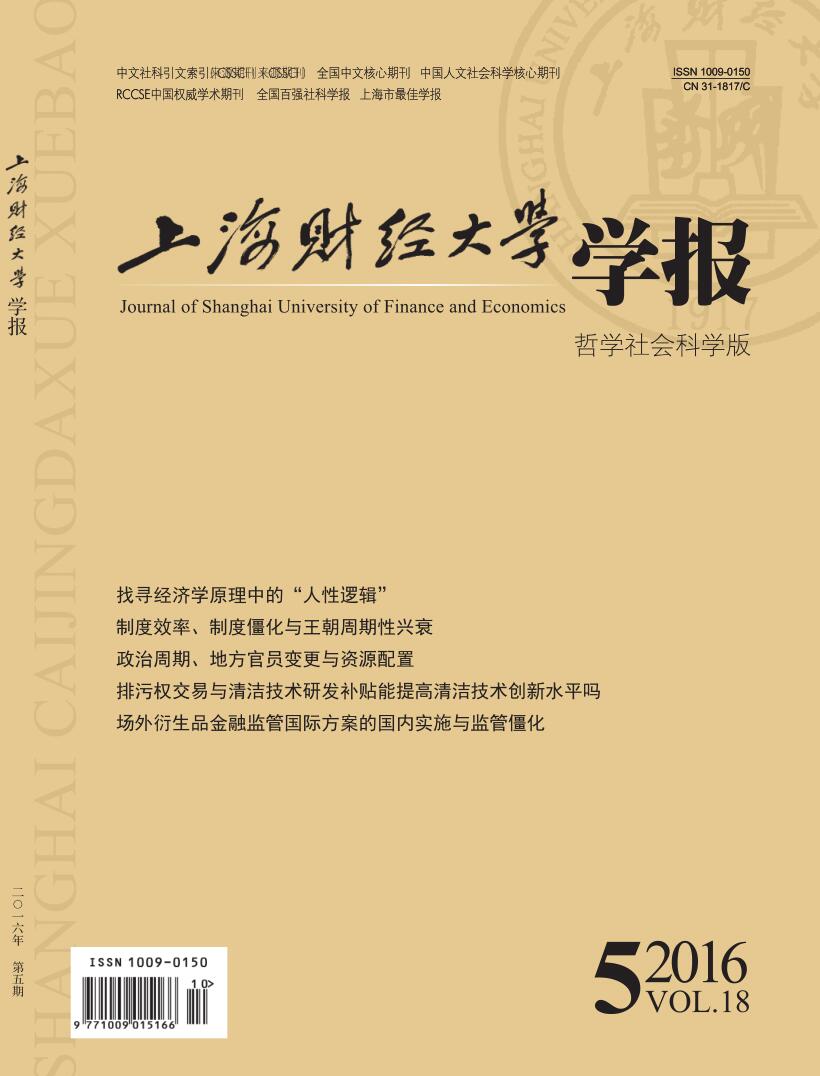Cyclical rise and fall of Chinese feudal dynasties have been the hot issue in academia since it was introduced. It can be described as voluminous about the research of rise and fall of Chinese feudal dynasties,but it has not yet been finalized. From the perspective of system efficiency,this paper intends to use related theories of new institutional economics to analyze this problem. Based on the theory and model analyses,it argues that a closed supply system environment and information distortion in the process of information dissemination,lead to high-degree information asymmetry between institution suppliers and demanders,thereby resulting in the difficulty in institutional changes in feudal dynasties and thus gradual dynastic system rigidity. At the same time,the external environment is constantly changing. With the gradual change in the external environment,rigid systems separate from the external environment,making the system efficiency of feudal dynasties become lower and lower and resulting in the shift of feudal dynasties from the rise to the fall,and thereby the exhibition of cyclical rise and fall of feudal dynasties in ancient Chinese society.
 / Journals / Journal of Shanghai University of Finance and Economics
/ Journals / Journal of Shanghai University of Finance and EconomicsJournal of Shanghai University of Finance and Economics
LiuYuanchun, Editor-in-Chief
ZhengChunrong, Vice Executive Editor-in-Chief
GuoChanglin YanJinqiang WangWenbin WuWenfang, Vice Editor-in-Chief
System Efficiency, System Rigidity and Cyclical Rise and Fall of Dynasties: Analysis Based on New Institutional Economics Theory
Journal of Shanghai University of Finance and Economics Vol. 18, Issue 05, pp. 27 - 39 (2016) DOI:10.16538/j.cnki.jsufe.2016.05.003
Abstract
References
Abstract
Cite this article
Yang Decai, Jin Zhenzhong, Jiang Xinwei. System Efficiency, System Rigidity and Cyclical Rise and Fall of Dynasties: Analysis Based on New Institutional Economics Theory[J]. Journal of Shanghai University of Finance and Economics, 2016, 18(5): 27–39.
Export Citations as:
For




 6181
6181  10302
10302

